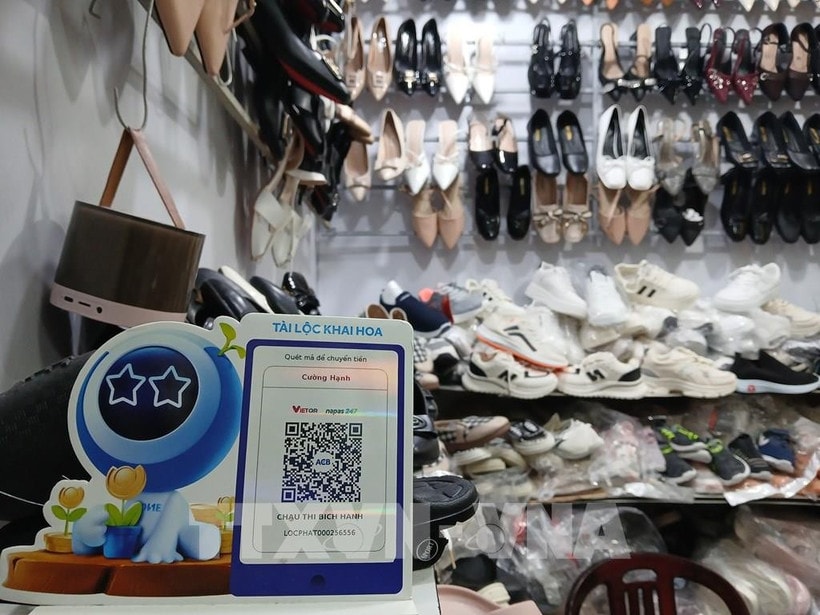Vietnam’s private sector faces survival test in digital, green shift
The rapid evolution of information technology, cloud computing, artificial intelligence (AI), and the Internet of Things (IoT) offers a vast array of opportunities.

In an era shaped by intense globalisation and the strong impact of the Fourth Industrial Revolution, Vietnam’s private sector is feeling the heat to reinvent itself. Digitalisation and green transition are no longer optional strategies, but they are make-or-break moves for companies to stay competitive.
The Vietnamese State has recognised this urgency, rolling out a suite of policies to spur an overhaul. These include a national digital transformation programme to 2025, with a vision until 2030, alongside landmark resolutions such as the Politburo’s Resolution No. 57 on breakthroughs in science-technology, innovation, and digital transformation, and Resolution No. 68 on private sector development.
According to Vice President of the Vietnam Digital Communications Association Prof. Dr. Nguyen Dinh Thang, digital transformation means embedding digital technologies into every aspect of business operations, from management and finance to production, sales, marketing, and customer service. “This is not simply about adopting new technologies,” Thang said. “It requires a fundamental shift in corporate mindset, culture, and operating models to optimise processes, improve efficiency, and enhance customer experiences".
Private firms, increasingly attuned to these high stakes, are scrambling to embrace technological solutions. The rapid evolution of information technology, cloud computing, artificial intelligence (AI), and the Internet of Things (IoT) offers a vast array of opportunities. Yet, obstacles remain, especially for small and medium-sized enterprises (SMEs), which often lack cash to invest in cutting-edge technologies. Resistance to change, entrenched habits and mindsets among employees further hamper progress.
Compounding these challenges is the growing complexity of the digital realm, which exposes companies to major risks in cybersecurity and data protection. Thang called for state-backed solutions and investments to protect customer and corporate data.He also urged tighter cooperation among businesses, research institutions, universities, and international organisations to share knowledge and experience. Building support networks among companies, regulators, and organisations, coupled with public awareness campaigns, would also be critical, he added.

Dr. Vo Tri Thanh, former Vice Director of the Central Institute for Economic Management (CIEM) and now head of the Institute for Brand and Competitiveness Strategy, pointed to equally tough hurdles in Vietnam’s green transition. Beyond the need for a consistent and effective policy framework, the country must establish clear classification criteria for green activities while piloting new models, such as circular economy initiatives within regulatory sandboxes, he said.
“To navigate this phase requires more than determination and persistence,” Thanh said. “What’s essential is a spirit of boldness and accountability, from policymakers down to each enterprise and citizen, to create momentum for Vietnam turn its green aspirations into reality,” he added.


